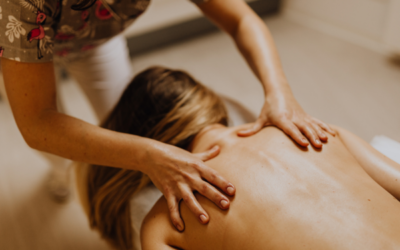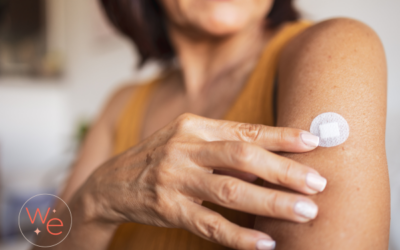Premenstrual syndrome (PMS) affects millions of women worldwide, yet it remains a misunderstood and often stigmatized condition. PMS encompasses a wide range of physical and emotional symptoms that occur in the days or weeks leading up to menstruation. In this blog, we’ll delve into the causes, symptoms, diagnostic tests, and both natural and conventional treatment options for managing PMS.
Understanding PMS: Premenstrual syndrome is a complex interplay of hormonal, neurotransmitter, and lifestyle factors. While the exact cause is not fully understood, hormonal fluctuations, particularly changes in estrogen and progesterone levels, play a significant role in triggering symptoms. Additionally, neurotransmitters like serotonin, which regulate mood, may also influence PMS symptoms.
Common Symptoms of PMS
PMS symptoms can vary widely among individuals and may include both physical and emotional manifestations. Some of the most common symptoms include:
- Mood swings and irritability
- Fatigue and lethargy
- Bloating and water retention
- Breast tenderness
- Headaches or migraines
- Food cravings or changes in appetite
- Anxiety or depression
- Insomnia or disrupted sleep patterns
Diagnostic Tests
Diagnosing PMS typically involves tracking symptoms over several menstrual cycles to establish a pattern. Healthcare providers may also perform blood tests to rule out other underlying conditions that could be contributing to symptoms, such as thyroid disorders or vitamin deficiencies.
Natural Treatment Options
Many women find relief from PMS symptoms through lifestyle modifications and natural remedies. Some effective strategies include:
- Dietary changes: Consuming a balanced diet rich in fruits, vegetables, whole grains, and lean proteins can help regulate blood sugar levels and reduce mood swings and cravings.
- Regular exercise: Engaging in regular physical activity, such as walking, yoga, or swimming, can alleviate stress, improve mood, and reduce symptoms of bloating and fatigue.
- Stress management techniques: Practicing relaxation techniques like deep breathing, meditation, or mindfulness can help alleviate anxiety and promote emotional well-being.
- Herbal supplements: Certain herbs like chasteberry (Vitex agnus-castus) and evening primrose oil have been traditionally used to relieve PMS symptoms. However, it’s essential to consult with a healthcare provider before trying any herbal supplements.
Conventional Treatment Options
For women with severe or persistent symptoms, conventional medical treatments may be necessary. These may include:
- Nonsteroidal anti-inflammatory drugs (NSAIDs): NSAIDs like ibuprofen or naproxen can help relieve pain, headaches, and menstrual cramps associated with PMS.
- Hormonal birth control: Oral contraceptives or other hormonal medications may be prescribed to regulate hormone levels and reduce PMS symptoms.
- Antidepressants: Selective serotonin reuptake inhibitors (SSRIs), such as fluoxetine or sertraline, are sometimes prescribed to alleviate severe mood symptoms associated with PMS.
- Counseling or therapy: Cognitive-behavioral therapy (CBT) or other forms of counseling can help women develop coping strategies to manage stress and improve mood during the premenstrual period.
Premenstrual syndrome is a common yet often challenging condition that can significantly impact a woman’s quality of life. By understanding the causes, symptoms, and treatment options for PMS, women can take proactive steps to manage their symptoms effectively. Whether through lifestyle modifications, natural remedies, or conventional medical treatments, there are various approaches available to alleviate PMS and improve overall well-being. As always, it’s essential to consult with a healthcare provider to determine the most appropriate treatment plan for individual needs.
Treatment Options at West End Women’s Health
At West Women’s Health we offer a wide range of treatment options such as:
- Functional Health Testing: DUTCH testing
- Naturopathic interventions: IV therapy, bio-identical hormone therapy, liver support and detoxification
- Acupuncture
- Lymphatic Drainage
- Nutrition Support and Supplementation





